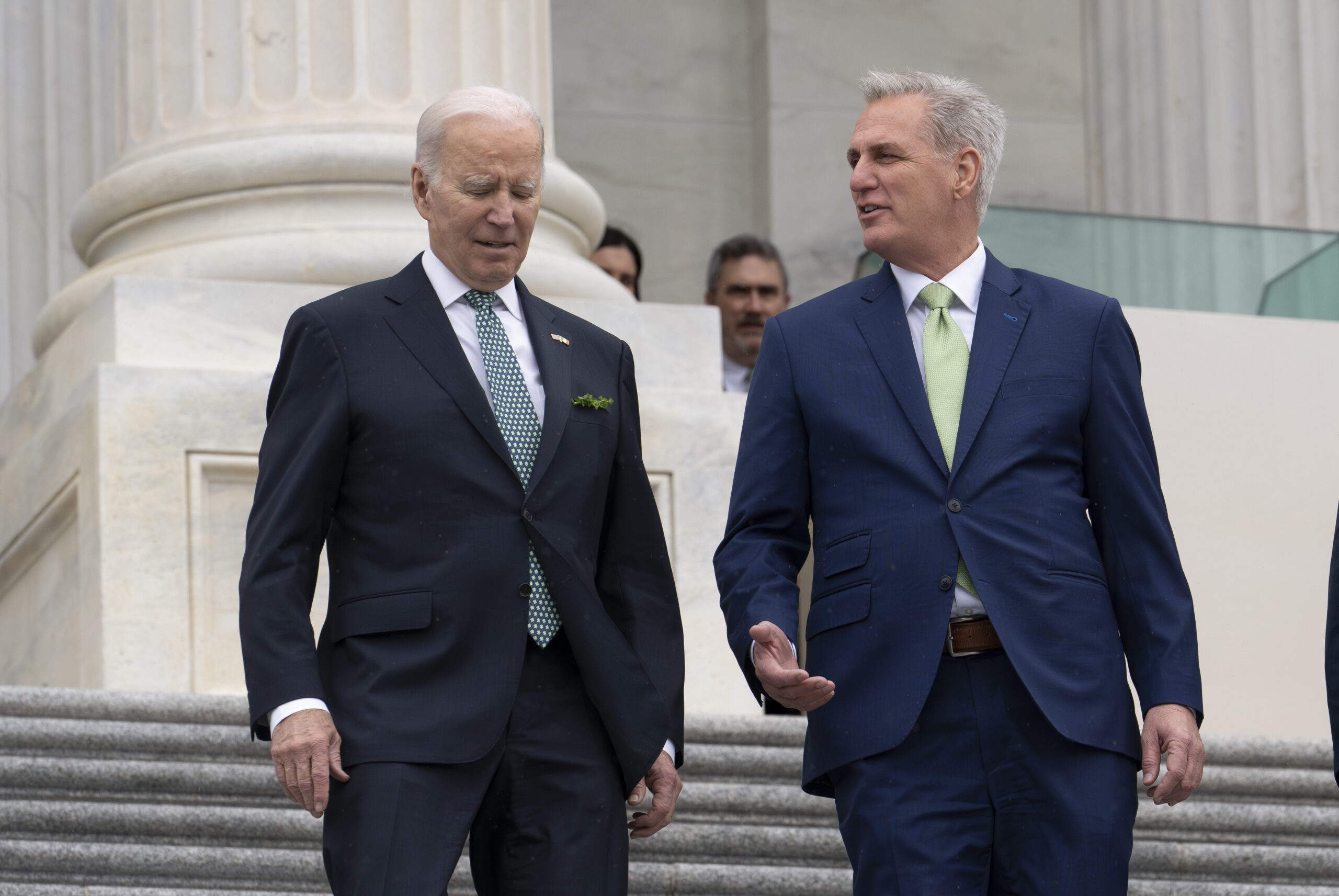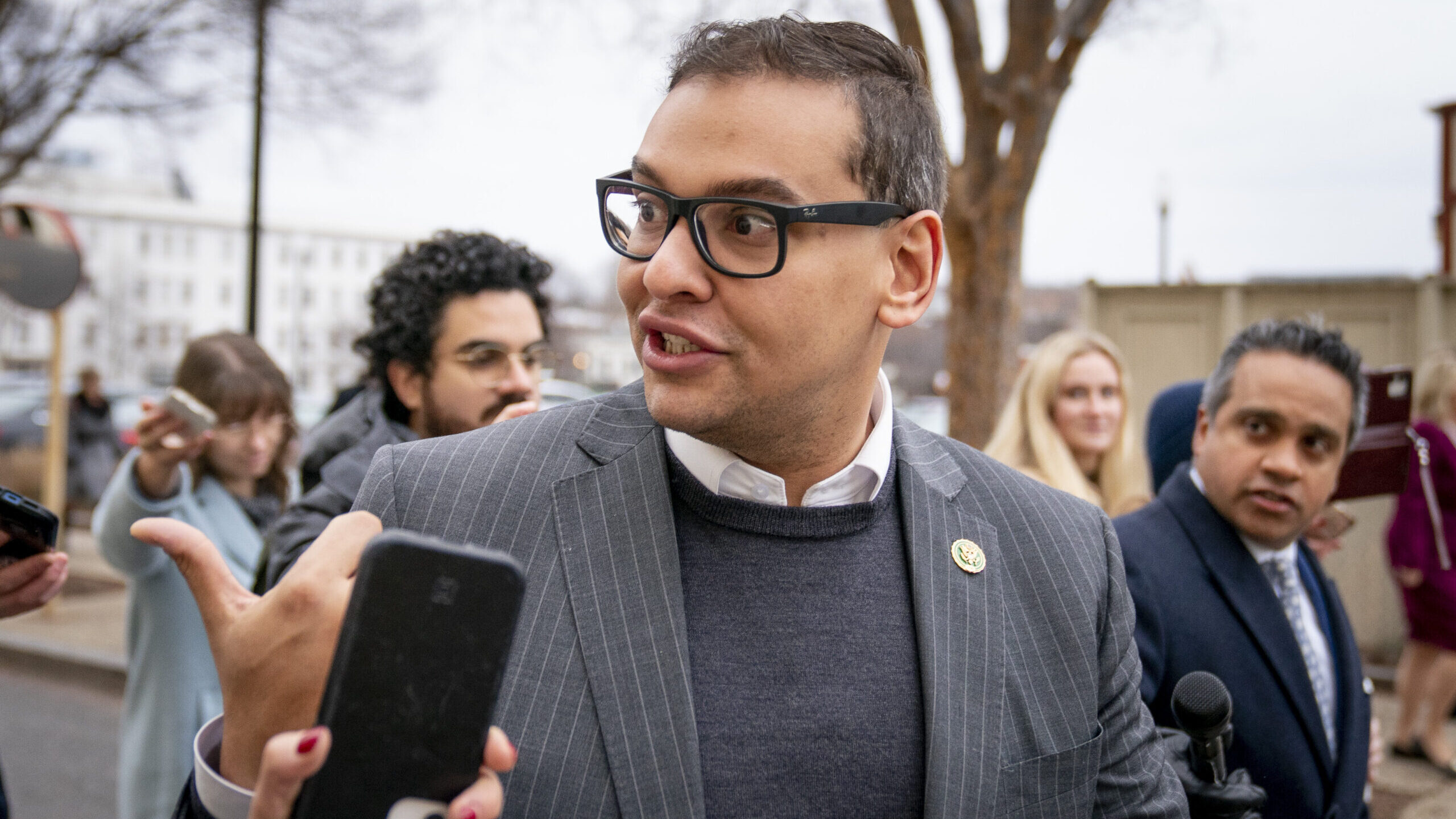DAVE & DUJANOVIC
Rep. Chris Stewart explains why he opposes Medicare for All
May 28, 2019, 3:30 PM
Out of the twenty-five most developed countries in the world, according to Politifact, only one doesn’t offer its people universal health care: the United States of America.
That’s what makes Medicare for All look like such an appealing idea. A bill, currently up for debate in the House and the Senate, would change that, extending government medical insurance to every single person in America, promising an end to deductibles, co-pays, and surprise medical bills.
On paper, it sounds like a solution to all of our problems – but one Utah Republican has made it very clear that he doesn’t believe this is the perfect plan it’s being presented to be.
Congressman Chris Stewart, a member of the House Budget Committee, gave an impassioned speech in the House of Representatives on Wednesday, May 22, voicing his strong opposition to Medicare for All. He joined KSL Newsradio Dave & Dujanovic to explain why he doesn’t think this is the right move forward.
Chris Stewart on Medicare for All
$32 trillion over the course of the first ten years.
That’s the price tag attached to the Medicare for All policy, according to a study by the Mercatus Center; and Stewart believes that it’s a price our nation just can’t afford.
“You have to double taxes for virtually every American,” Stewart says, although his analysis is actually more generous than the Mercatus Center’s. They’ve written that doubling federal and corporate income taxes actually still wouldn’t be enough to cover the price tag.
That’s an unusually expensive plan. Based on the Mercatus Center’s data, each year, the US would have to pay an average of $9,779.95 per person to enact Medicare for All.
That’s more than double the $4,676.06 USD the Canadian government pays annually per person for universal health care, according to the National Post, and closer to three times as much as the $3,664.87 USD the United Kingdom pays, according to the BBC.
Stewart is concerned that running a program at that cost just won’t be feasible in the long run. Stretching that much money across the entire country, he believes, it going to end up affecting the people who currently benefit from Medicare.
“It’s going to destroy the program for your parents,” Stewart says, “because they will now be in a pool with every American competing for the same resources.”
The end of private insurance

File photo of Rep. Chris Stewart, photographed on Oct. 16, 2018. (Photo: Jeffrey D. Allred / Deseret News)
Stewart’s biggest concern, however, isn’t the cost. It’s the loss of freedom.
“$32 trillion is so much money, no one really understands what it is,” he says. “It’s so big that it’s not very compelling to people.”
What does compel people, he says, is the realization that, if Medicare for All is passed, every American will lose out on their private insurance.
Under its current wording, Stewart says, the bill would actually outlaw private insurance. Every single American would be forced to accept Medicare, most likely paid for through a massive tax increase, and wouldn’t have the option to add anything else to the plan.
Even if that clause is removed, however, Stewart says that the bill would still make private insurance all but impossible for most Americans. The only people who would be able to afford supplemental insurance after a doubling of their taxes, he says, are the extremely wealthy.
“It’ll leave us behind,” Stewart says, “while the rich people have the option to continue purchasing these private plans that only they can afford.”
Stewart says that he supports ensuring medical insurance is available for everybody. He just doesn’t think that the Medicare for All Act is the way to do it.
And after the Affordable Care Act, he says, he doesn’t believe that the Democrats will be able to make this plan work.
“Essentially what they’re are saying is: ‘Yeah, Obamacare isn’t very good, but give us another $32 trillion and another chance and this time we’ll fix it.’”
Dave & Dujanovic can be heard weekdays from 9 a.m. to noon on KSL Newsradio. Users can find the show on the KSL Newsradio website and app, as well as Apple Podcasts and Google Play.














